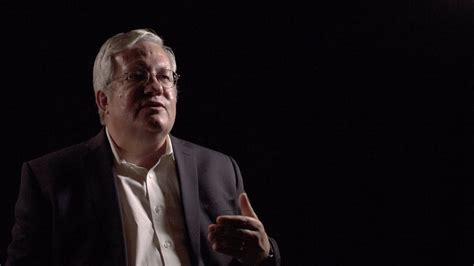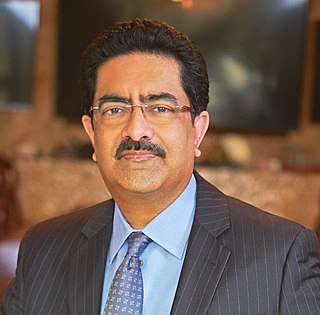A Quote by Mark Fisher
Affective exploitation is crucial to late capitalism.
Quote Topics
Related Quotes
We are developing in the United States a huge underclass of unwanted people, many of them the descendants of the exploitation of the South American and Latin American countries by American piratical capitalism. Not all capitalism is piratical, but some of it certainly is. And we have a fantastic gap beginning to exist between rich and poor.
The economic class struggle is a struggle against inessanlty intensified exploitation: not only against the brutal material form of exploitation, capitalism's tendency to reduce wages, and against the class 'techniques' for increasing productivity... but also around the question of the technical-social division of labor that prevails om enterprises, and against bourgeois ideology and repression.
It was only in the late nineteenth century and then the twentieth century, with the maturation of consumer capitalism, that a shift was made toward the cultivation of unbounded desire. We must appreciate this to realize that late modern consumption, consumption as we now know it, is not fundamentally about materialism or the consumption of physical goods. Affluence and consumer-oriented capitalism have moved us well beyond the undeniable efficiencies and benefits of refrigeration and indoor plumbing.
Scholars have endlessly written about antebellum Protestant thinking about slavery. Now, finally, Friends of the Unrighteous Mammon turns a spotlight on a new, crucial question: how did antebellum Protestants parse capitalism? For anyone who seeks to understand the political economy of the antebellum era-or, indeed, the complex entanglement of Christianity and capitalism today-this book is critical. I, for one, am very grateful to Stewart Davenport for having written it.






































